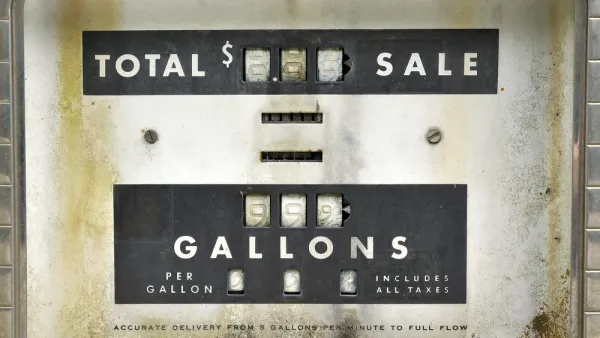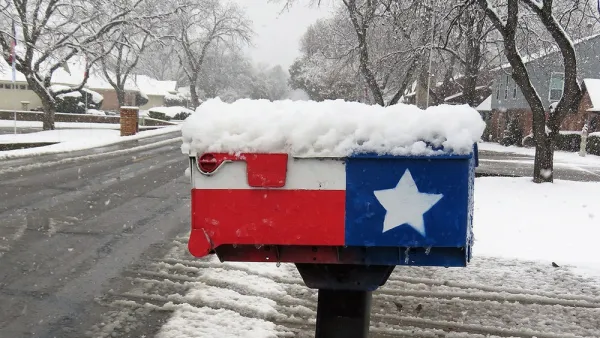BP's chief scientist provides his insight into solving the energy and climate crises, including the affect of higher gas prices and separating transportation from the heat and power sectors when dealing with strategies to reduce carbon emissions.
"After nearly 30 years at Caltech as a professor of theoretical physics and, eventually, provost, Steven Koonin took a leave of absence in 2004 to become BP's chief scientist. After a year of study, he recommended a strategy for the company that has included investments in unconventional sources of oil as well as renewable energies such as solar. Technology Review's energy editor sat down with Koonin...to discuss BP's strategy and whether it will be possible to meet the world's energy challenges.
Technology Review: What's the best way to reduce gas consumption?
Steven Koonin: Raising the price of driving is the simplest way to induce conservation and efficiency. Look at how much response we saw when the price of gasoline went up to $4.50 a gallon. We've seen it work over the last year. But raising gas prices is very difficult politically to do. In fact, you see the candidates going in the opposite direction.
TR: When you look at public policy decisions, what are some other mistakes you've seen?
SK: One is confusing transportation with stationary sources of power and heat. What problems are we trying to solve? If it's carbon dioxide emissions, there are cheaper ways to do it than improving transportation. If you improve the efficiency of a vehicle to reduce fuel use and carbon dioxide emissions, for many vehicle technologies it will take several hundred dollars per ton of carbon dioxide. But transport is only 20 percent of energy-related emissions. Heat and power from stationary sources are most of it. At $50 a ton, there's a lot of carbon that can be wrung out of stationary sources. When you start cranking the price up to $100 to $200, that's when you start to affect transport, whereas we can shift to lower-emissions heat and power at $50 a ton."
Thanks to Pat Carstensen
FULL STORY: Strategies for the Energy Crisis

Analysis: Cybertruck Fatality Rate Far Exceeds That of Ford Pinto
The Tesla Cybertruck was recalled seven times last year.

National Parks Layoffs Will Cause Communities to Lose Billions
Thousands of essential park workers were laid off this week, just before the busy spring break season.

Retro-silient?: America’s First “Eco-burb,” The Woodlands Turns 50
A master-planned community north of Houston offers lessons on green infrastructure and resilient design, but falls short of its founder’s lofty affordability and walkability goals.

Test News Post 1
This is a summary

Analysis: Cybertruck Fatality Rate Far Exceeds That of Ford Pinto
The Tesla Cybertruck was recalled seven times last year.

Test News Headline 46
Test for the image on the front page.
Urban Design for Planners 1: Software Tools
This six-course series explores essential urban design concepts using open source software and equips planners with the tools they need to participate fully in the urban design process.
Planning for Universal Design
Learn the tools for implementing Universal Design in planning regulations.
EMC Planning Group, Inc.
Planetizen
Planetizen
Mpact (formerly Rail~Volution)
Great Falls Development Authority, Inc.
HUDs Office of Policy Development and Research
NYU Wagner Graduate School of Public Service



























